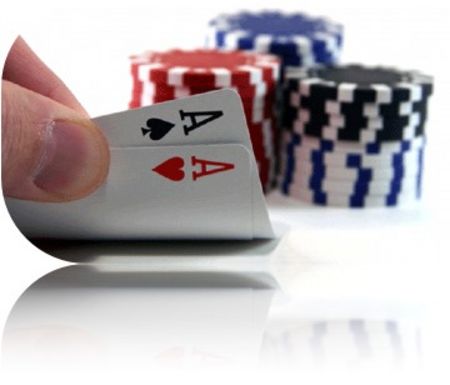Review

Sets generally win larger pots than trips.
Your main concern when holding sets or trips is your opponents holding a flush,
straight, or a strong draw to one of these hands.
Seldom slowplay dangerous flops where your opponents could have a good draw.
Some exceptions include:
- When you are heads up with a small pot, especially with a two-suited flop.
- When there are many opponents with a large pot. In this case you might wait
to raise the turn to have a better chance of driving out your opponents.
Rainbow flops of all rags or with just one high card are strong flops for a set.
- When the pot is large, you should almost always play your hand strongly by
either betting out or raising
- Check-raising is an option to drive out opponents of a large pot when yon are
sure an opponent will bet out; however, be careful in check-raising if you hold
the highest set, since it is less likely that your opponents were helped by the
flop and they may not bet.
- If the pot is small, consider slowplaying your hand by either checking or just calling a bet.
- Generally raise once two opponents have entered the pot.
- Even with a small pot, sometimes you might raise the flop or even bet out
against a lone opponent as a deceptive strategy when you think he might
also have a decent hand.
Trips should be played stronger on the flop than sets since it is more difficult for
your opponents to improve to a good second-best hand and your opponents will
often back off on the turn.
- You need to be worried about possible draws when the flop is two-suited or
the third card is connected to the pair, especially if it is a high pair. You
should almost always either bet out or raise, unless you decide to slowplay
against a lone opponent when the pot is small.
- Slowplaying is an option when the pot is small; however, some times it is
better to just go ahead and raise since many opponents will back off on the
turn with these types of flops.
- If an opponent bets and there are several players left to act behind you, tend
to raise if they are strong opponents and just call if they are weak opponents.
- If you raised preflop and must act first, generally bet out your trips.
- If you didn't raise preflop and must act first, checking is usually the best
option when there is a good chance that your opponents will fold if you bet.
NEXT...Two Pair

